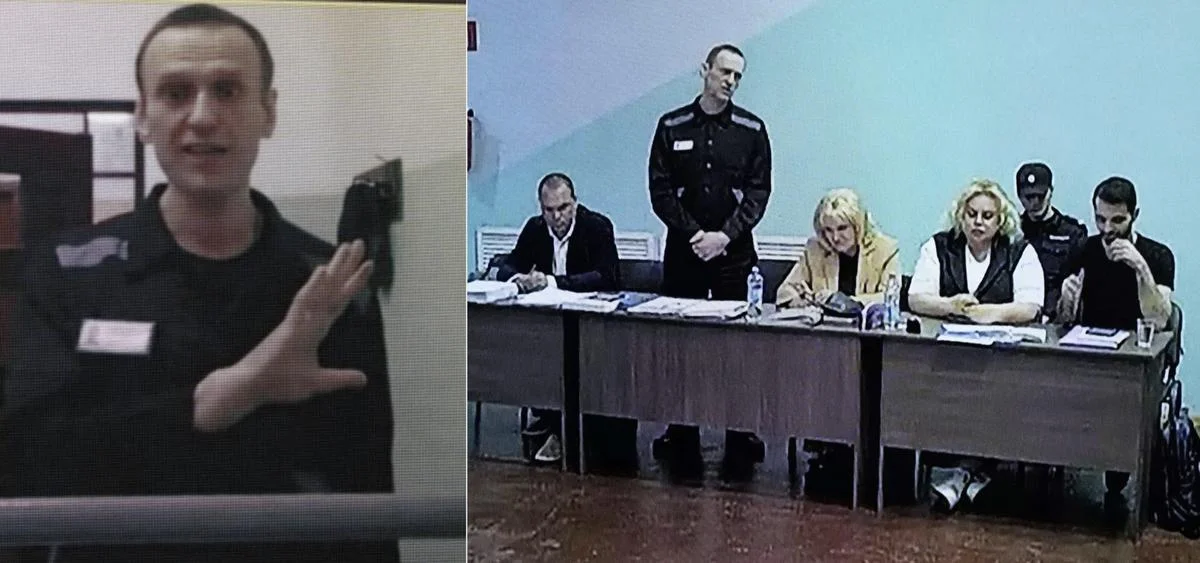Unprecedented Israeli Spyware Attack Targets Galina Timchenko, CEO of Meduza, Raising Alarms Over Media Freedom and Digital Security

Credit: Google | Galina Timchenko | NSO Group
In a chilling development for media freedom and digital security, a leading Russian journalist, Galina Timchenko, has fallen victim to an audacious phone hacking incident involving Israeli spyware. This revelation, brought to light by a joint investigation conducted by Canadian internet watchdog Citizen Lab and digital rights group Access Now, underscores the growing concern over the surveillance of media professionals and opposition figures on a global scale.
The intrusion into Timchenko’s phone was traced back to February 10, 2023, with researchers identifying the spyware’s source as the Israeli company NSO Group. Alarming as it is, the investigation does not definitively pinpoint the perpetrator behind this act. Galina Timchenko, the co-founder and publisher of the independent Russian news outlet Meduza, was in Berlin at the time of the breach, raising further questions about the reach and motives of those responsible.
Russian journalist's phone hacked with Israeli spyware, researchers say https://t.co/DOLfYrRrs8 pic.twitter.com/Uu5yOQSAqj
— Reuters (@Reuters) September 13, 2023
Media defense organizations, including the Committee to Protect Journalists, have vehemently condemned such surveillance, emphasizing the dire implications it carries for both journalists and their sources. Timchenko, in an interview, described the experience as leaving her feeling “like I’d been stripped naked in the town square”.
NSO Group, in response to these allegations, stated that it “always investigates credible allegations of misuse” but did not provide details regarding this specific case. This is not the first time NSO Group has faced scrutiny; it was previously blacklisted by the U.S. government in 2021 over human rights concerns.
Galina Timchenko’s case is particularly high-profile, given her pivotal role in Russia’s independent media landscape. After facing dismissal as the editor of a prominent Russian news website due to conflicts with the authorities, she founded Meduza in Latvia, which has since become a prominent source of news, especially during Russia’s invasion of Ukraine.
The use of Pegasus spyware, one of the world’s most sophisticated eavesdropping tools, in this incident has raised suspicions about potential perpetrators. While Russia is an apparent candidate, experts believe it is unlikely that they were the clients of NSO Group. Other possibilities include Latvia, Germany, and several European countries known to use such surveillance tools.
Timchenko’s personal belief points toward Russia as the orchestrator of this attack, but the investigation is ongoing, and concrete attribution remains elusive. The fallout from this incident extends to questions regarding the NSO Group’s clients and their objectives, leaving numerous scenarios on the table.
This shocking breach of digital security serves as a stark reminder of the challenges journalists and media outlets face in an era of increasing digital surveillance. It underscores the urgent need for enhanced safeguards to protect the vital role journalists play in ensuring transparency and accountability in society. The implications of this incident are far-reaching, with reverberations felt not only in Russia but across the global media landscape.
RELATED NEWS
WEB STORIES FOR YOU
Stay connected with Today On Globe for the latest Global Issues and News Updates.
Explore more related articles at [TOG News / TOG Article]






















